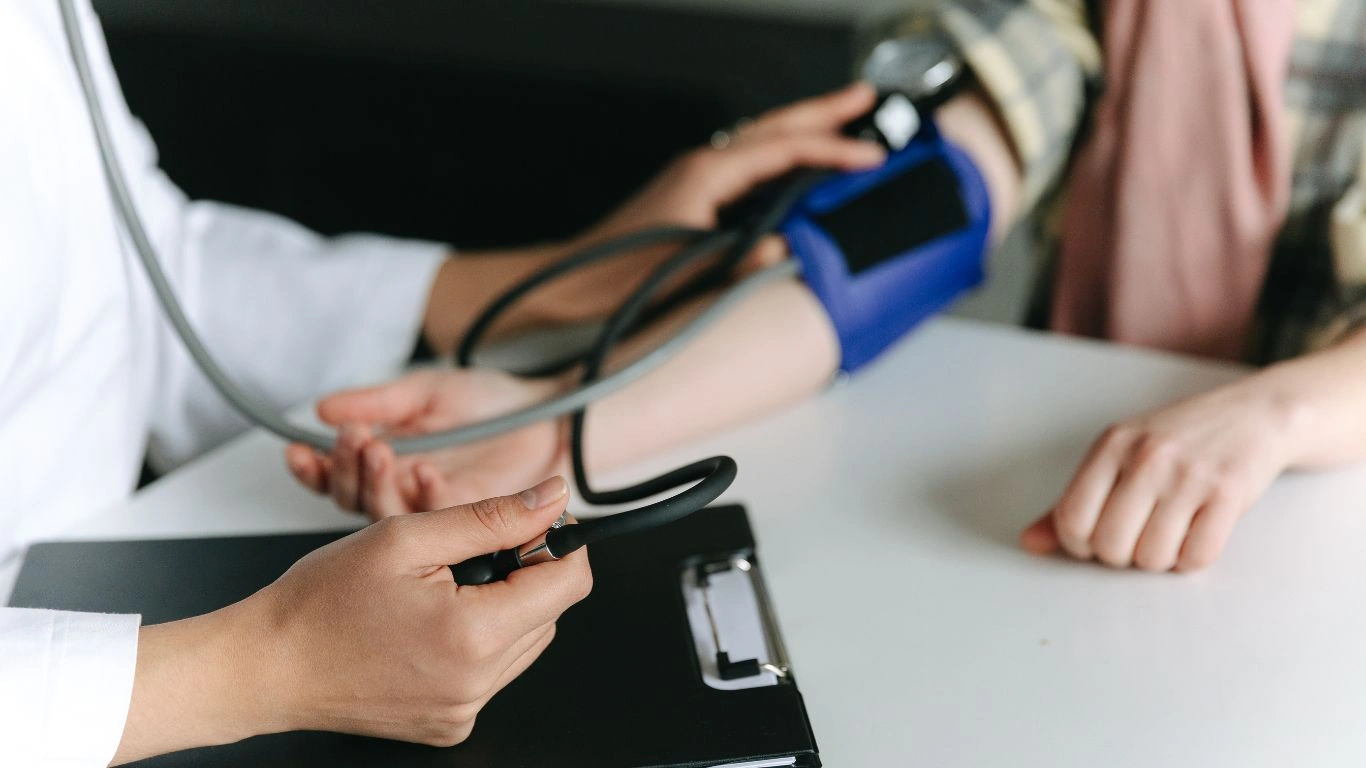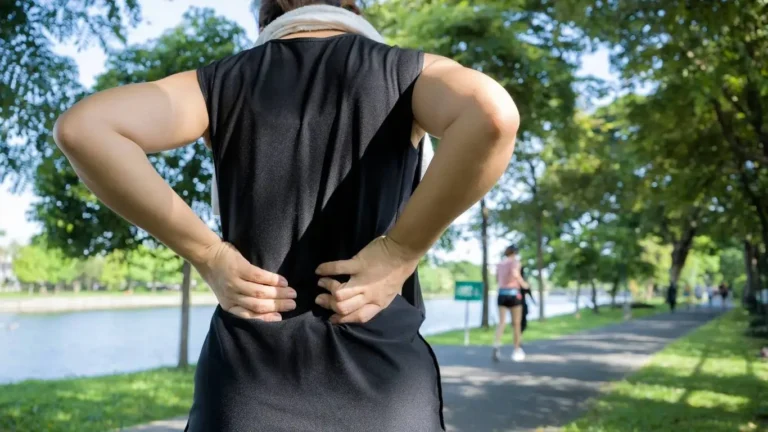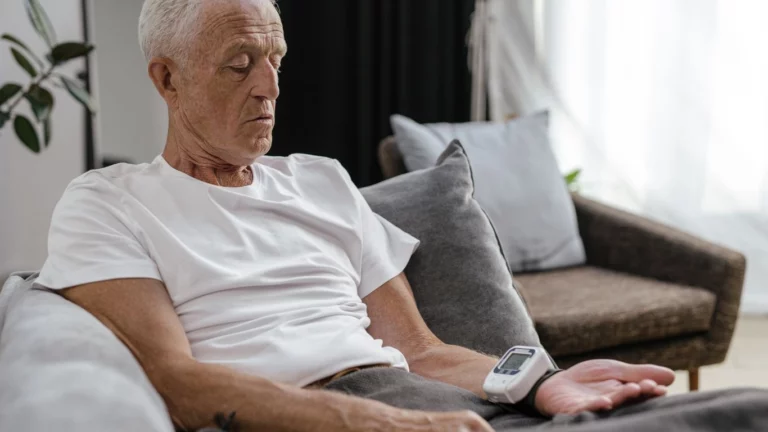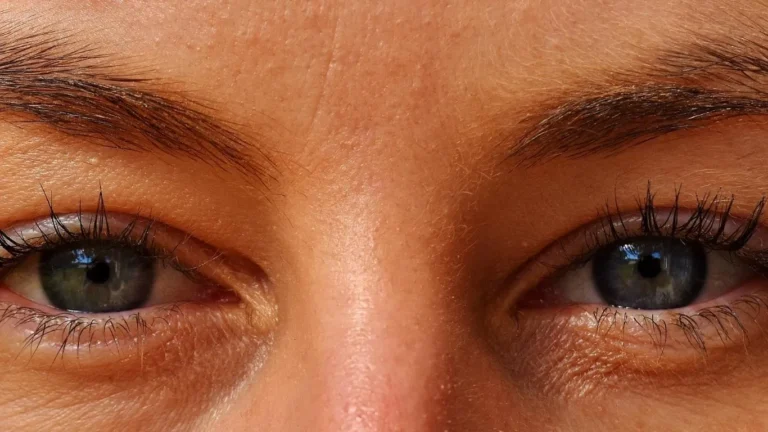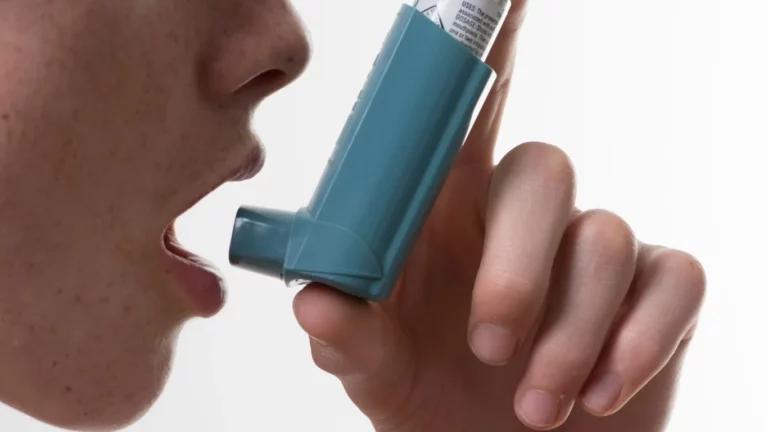Is Fasting Safe with Hypertension Medications? Discover Effective Tips to Manage Your Health Safely!
Let’s talk about something I get asked *all the time* in clinic — is fasting safe with hypertension meds? Honestly, it’s a super relevant question these days, especially with intermittent fasting getting so trendy. I’ve seen patients dive into fasting routines without fully thinking through how it interacts with their blood pressure medications, and well… sometimes things go sideways. As an internal medicine physician focused on hypertension management, I’ve had more than a few heart-to-hearts with folks trying to balance these two things. So, let’s dig into what you really need to know — minus the fluff, plus some real-life insight.
Understanding How Fasting Affects Blood Pressure
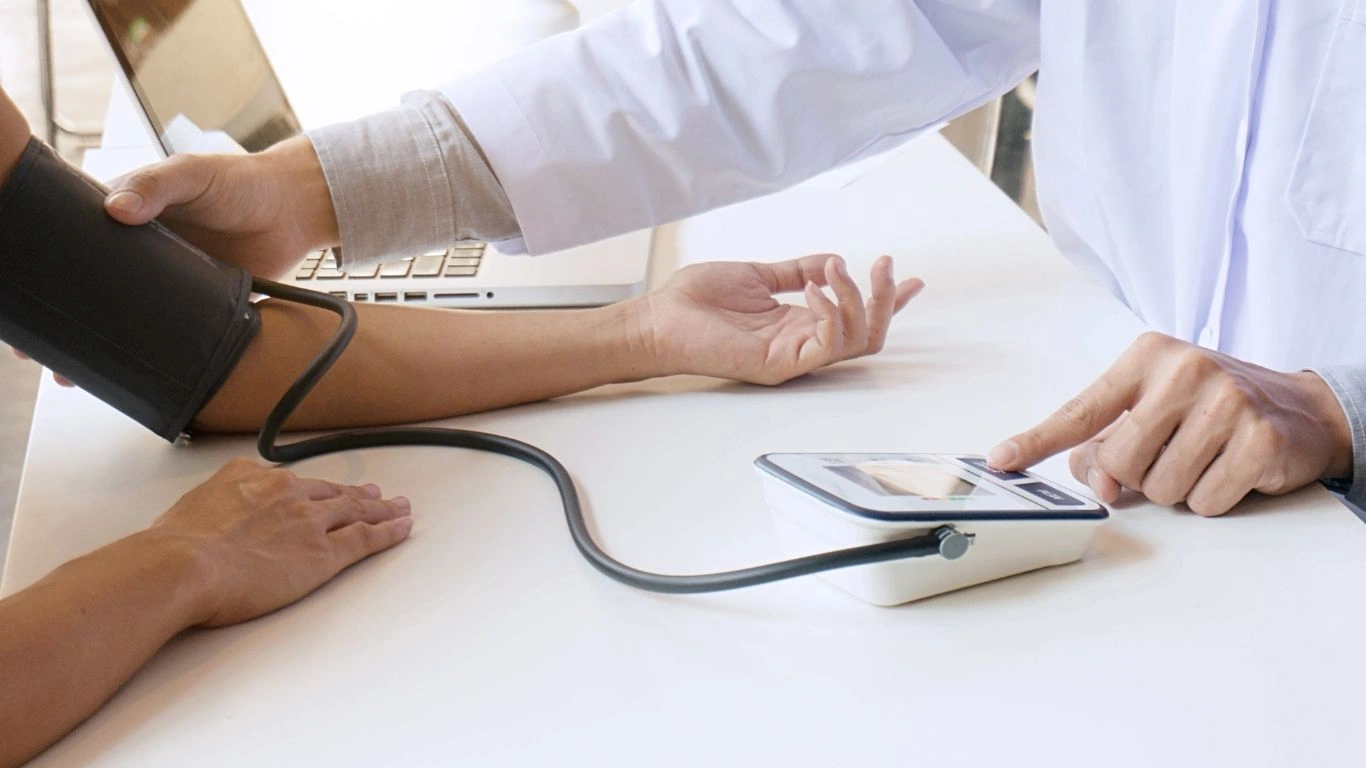
Fasting: Not Just Skipping Meals
First things first — fasting isn’t just about not eating. Whether it’s the popular 16:8 method, the OMAD (one meal a day) plan, or longer fasts that stretch over 24 hours, they all cause real shifts in the body. Blood sugar drops, insulin levels change, electrolyte balances shift, and yes — your blood pressure can fluctuate. For some folks, it drops (which might sound good if you’re hypertensive), but too much of a dip? That can be risky, especially if you’re on meds that already lower your BP.
Why Blood Pressure Might Drop Too Low
Imagine this: you’re taking a morning dose of your usual meds — say a diuretic and an ACE inhibitor — but then you skip breakfast and lunch. By mid-afternoon, you might feel lightheaded or dizzy, maybe even a little nauseous. That’s your body reacting to lower blood volume and lower glucose. And yep, I’ve had patients call me from work in that exact situation. In many cases, the meds + fasting combo was too much of a good thing. Not dangerous for everyone, but it’s definitely not “one size fits all.”
So, Is Fasting Safe with Hypertension Meds?
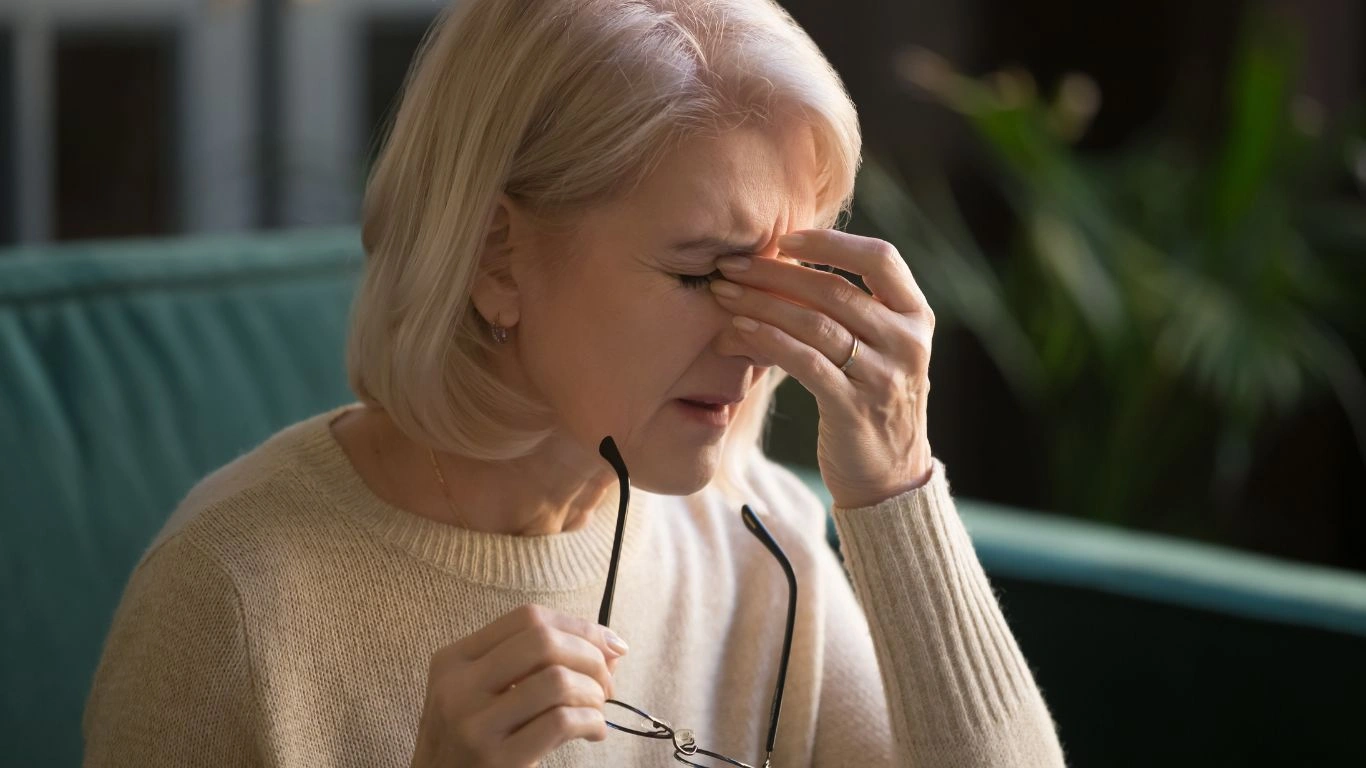
It Can Be — But Not Without Guidance
Let me be real with you — yes, it can be safe. But not without some serious customization. When I help my patients navigate this, we go through their meds one by one, talk through fasting goals, and figure out what type of fasting (if any) fits their lifestyle and physiology.
- Taking beta-blockers? Be cautious — they blunt your heart’s response, which can already make you feel sluggish when fasting.
- On diuretics? Watch for dehydration. You’re already losing fluid with fasting; your meds might be amplifying that.
- On calcium channel blockers or ACE inhibitors? These can synergize with fasting to cause blood pressure dips.
What I tell my patients is: your meds don’t operate in a vacuum. Throwing fasting into the mix is like adding a wild card to your routine. That’s not necessarily a bad thing, but it’s one that needs monitoring — especially in the early stages.
Real Talk: What I See in Practice
I’ve had some patients do beautifully with fasting. Like, their blood pressure improved, they dropped a few pounds, their energy went up. But others? Not so smooth. One patient ended up in the ER with syncope (fainting) because she was doing alternate-day fasting *and* taking her usual full-dose meds without adjusting. It wasn’t her fault — she just didn’t realize her BP was dipping too low on fasting days. That’s where good communication comes in. You shouldn’t have to guess what’s safe.
When Fasting Might Be a No-Go
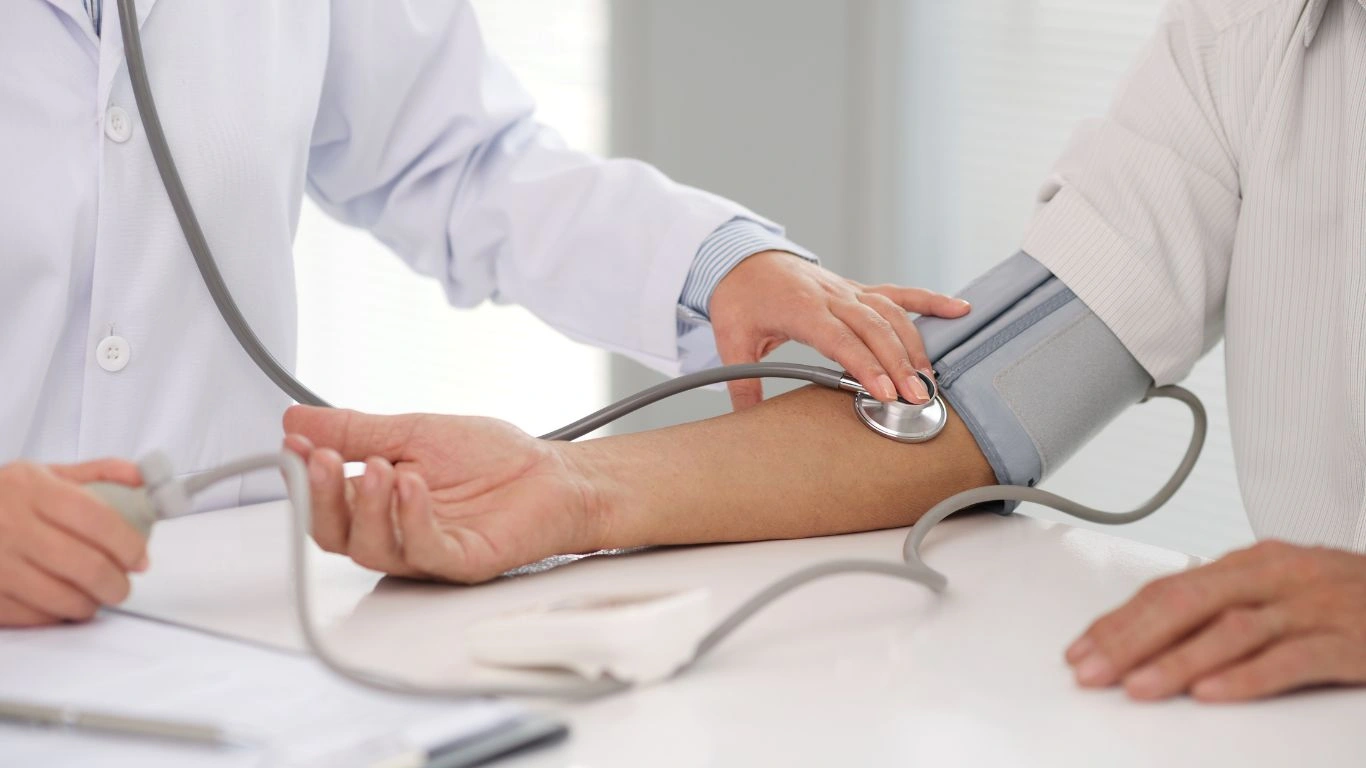
Red Flags to Watch For
- Feeling faint or dizzy more than occasionally while fasting? Time to reassess.
- Low BP readings consistently (e.g., systolic under 100 mmHg with symptoms)? Not ideal.
- Electrolyte imbalances (especially with diuretics)? Can sneak up fast with prolonged fasting.
- Existing kidney issues? Fasting without oversight can throw off fluid balance in a big way.
So yeah, fasting isn’t automatically unsafe — but it’s not automatically safe either. The key is *individualization*. And if I had a dollar for every patient who tried to follow their friend’s diet or fasting plan without thinking about their meds… well, let’s just say I’d have a lot of dollars.
Pro Tip: Don’t Adjust Meds Alone
If you’re considering fasting and you’re on blood pressure meds, do not adjust your dose without looping in your provider. That might sound obvious, but I’ve seen well-meaning people cut their dose in half on fasting days thinking it’ll “balance out” — which can cause bigger swings than they expected.
How to Safely Integrate Fasting with Hypertension Medications

Start Slow and Listen to Your Body
If you’re thinking about trying fasting while on blood pressure meds, here’s where I recommend starting: take it slow. Just like with any new health practice, diving in headfirst isn’t the best approach — especially when your meds are part of the equation. Start with shorter fasting windows and monitor how you feel. You’ll want to pay attention to any changes in how you feel throughout the day. Some people adapt quickly, but others need more time.
For example, one of my patients, Mark, started with a 12-hour fast, then gradually increased it to 16 hours as his body adjusted. Mark had been on ACE inhibitors, so I made sure we kept his blood pressure checked regularly. He didn’t feel any dizzy spells, so we proceeded cautiously. This slower, measured approach was key to his success.
Work with Your Doctor on a Custom Plan
If you’re on hypertension meds, there’s no “one-size-fits-all” fasting schedule. Working with your doctor is crucial. We can help you create a plan that’s tailored to your specific medications, health conditions, and goals. I’ve had many patients who were keen on intermittent fasting but needed adjustments — either in the type of meds they were taking or how they managed them around their fasting windows.
Your doctor might suggest the following adjustments, based on your health profile:
- Modifying the timing of your medication — sometimes taking meds in the evening can be more suitable if you’re fasting in the morning.
- Adjusting the dosage during fasting periods, or even temporarily switching medications to reduce the likelihood of drops in blood pressure.
- Including extra salt or electrolytes in your diet if you’re prone to low blood pressure during fasting.
The Role of Hydration in Fasting and Hypertension
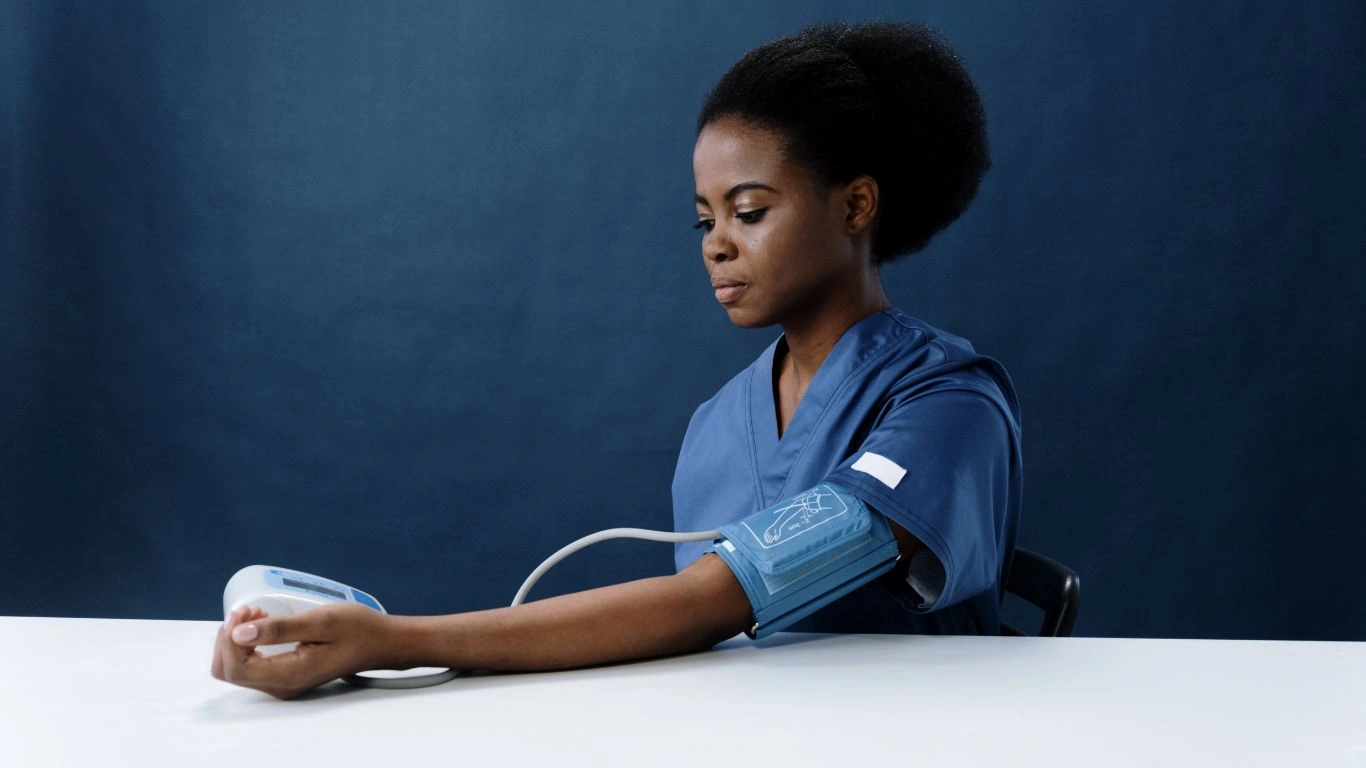
Why Hydration is Your Best Friend
If there’s one thing I can’t stress enough when it comes to fasting and hypertension medications, it’s hydration. It’s something I remind all my patients about, especially those who are fasting and on diuretics. Fasting can lead to dehydration if you’re not drinking enough water, and when you add diuretics to the mix, the risk increases. Dehydration lowers blood volume, which can make blood pressure drop even more. Not exactly what we want when you’re trying to manage hypertension.
On fasting days, ensure you’re drinking plenty of water and consider adding electrolytes — this can help keep your fluid balance stable and your blood pressure in check. Personally, I always recommend a good quality electrolyte supplement, especially if you’re fasting for longer periods. This has been a game-changer for a number of my patients who experienced dizziness and fatigue before making that simple adjustment.
The Risk of Overcompensating
Now, here’s something I’ve seen a few times — people think they need to drink an excessive amount of water or use electrolyte drinks to the point of overcompensating. But this can have its own risks. Too much water too quickly can cause hyponatremia, a condition where sodium levels get too low, which can have serious consequences. I’ve had a few patients who came in feeling faint after drinking gallons of water in a short time. It’s all about balance!
Adjusting Your Diet While Fasting

Fasting Doesn’t Mean Starving
Another thing I’ve learned from working with patients on fasting and hypertension meds is that fasting doesn’t have to mean starving yourself. The quality of your meals is just as important as the timing. So, while you’re fasting, it’s crucial to focus on nutrient-dense foods that support your overall health and keep your blood pressure stable.
Here’s what I typically recommend for meals when you’re fasting:
- High-quality proteins: Chicken, fish, tofu, and legumes can help maintain muscle mass and keep you feeling full.
- Healthy fats: Avocados, olive oil, and nuts are great options to maintain energy and stabilize blood sugar.
- Complex carbs: Think whole grains like quinoa, oats, and brown rice. These foods release energy slowly, keeping you fuller for longer.
- Leafy greens and veggies: They’re low in calories but high in essential nutrients that support your blood pressure.
While fasting, it’s easy to overlook hydration and nutrition during your eating windows, but I promise you — eating the right foods can make all the difference in how you feel and how your body responds to both fasting and your meds. I’ve had patients make simple tweaks to their meal choices, and they felt worlds better. Just another reason why diet and medication should never be an afterthought in the process.
What About Supplements?
If you’re fasting and managing hypertension, sometimes supplements can provide additional support. Omega-3 fatty acids, magnesium, and potassium-rich foods or supplements can play a significant role in stabilizing blood pressure, especially during periods of fasting. I’ve had patients who’ve found their fasting experience much smoother by simply adding a magnesium supplement to their routine.
But remember, not all supplements are created equal. I always advise checking with your doctor before introducing anything new — and be cautious about supplementing in ways that could interfere with your medication. When it comes to hypertension, too much of the wrong supplement can do more harm than good.
How to Monitor Your Blood Pressure While Fasting

Regular Blood Pressure Checks Are Essential
Now that we’ve talked about how to safely integrate fasting with hypertension medications, there’s one more piece of the puzzle that I can’t stress enough: monitoring your blood pressure regularly. If you’re fasting while on blood pressure meds, it’s crucial to keep a close eye on your BP. I’ve had patients who started fasting and felt fine but then experienced gradual drops in blood pressure that they didn’t notice until they had symptoms like dizziness or fainting.
Checking your blood pressure at home can help you stay ahead of any issues. In fact, I encourage most of my patients to keep a reliable blood pressure monitor on hand. You can track your progress and catch any problems early — before they turn into something more serious. Most people don’t realize how much variability there can be with blood pressure, especially when you’re mixing medications with a fasting regimen.
What to Expect When Monitoring Your BP During Fasting
When you’re fasting, your blood pressure might fluctuate more than usual. That’s why I recommend that you take measurements multiple times a day — at least once in the morning and again in the evening. This way, you get a better sense of how your blood pressure is reacting to your fasting schedule and medication adjustments. When I monitor my patients who are fasting, I always look for patterns. For example, is your BP stable during eating windows and low during fasting periods? Are there particular times of day when it dips more drastically?
Also, make sure you’re taking your readings at the same time each day and under similar conditions. Avoid taking your BP right after exercising or if you’re feeling stressed, as these factors can skew your results. If you notice a consistent drop in your blood pressure, it’s time to reassess your fasting schedule or your meds.
Possible Side Effects of Fasting with Hypertension Medications
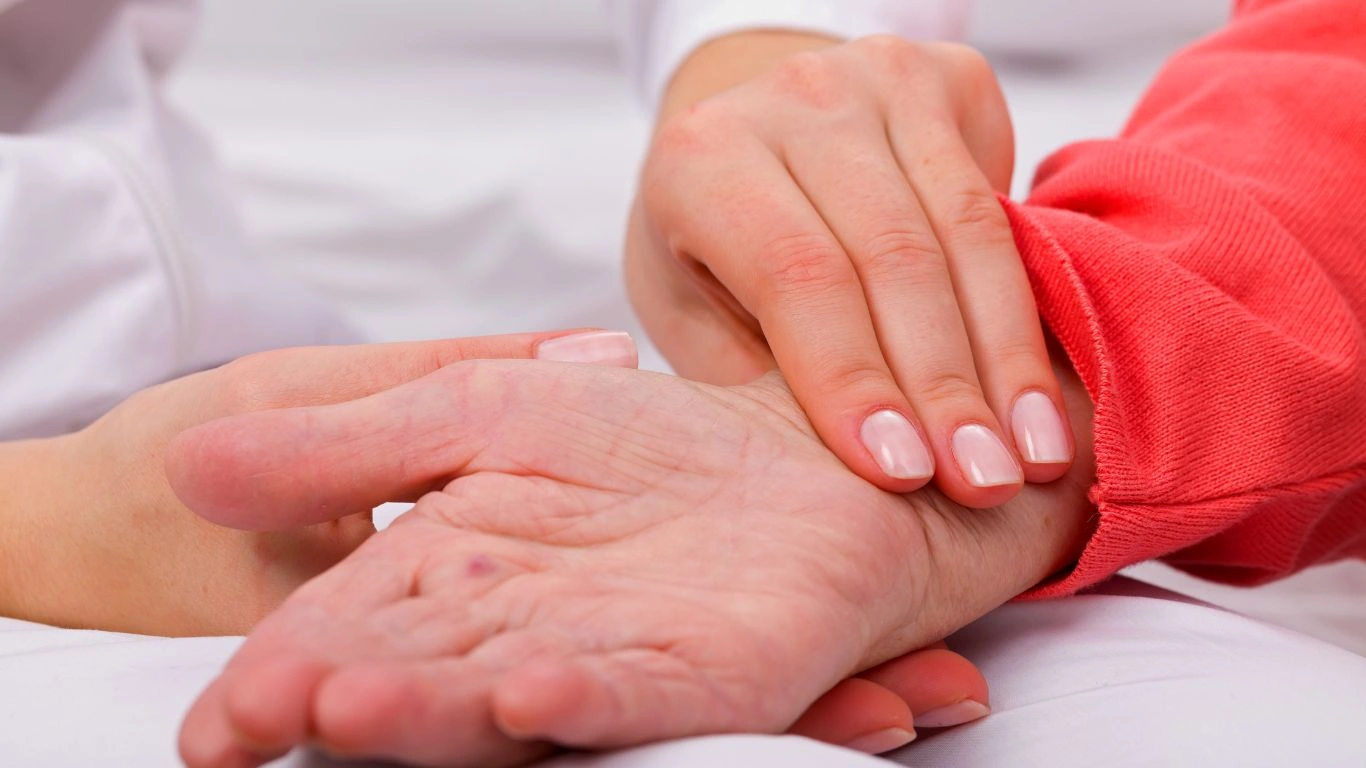
Low Blood Pressure and Dizziness
One of the most common side effects I’ve seen with patients who are fasting and on hypertension medications is a drop in blood pressure. This isn’t necessarily a bad thing if you’re working to lower your BP, but it can cause problems if it drops too much. Many patients experience dizziness, fatigue, or even fainting, which can be dangerous. That’s why I’m a huge fan of doing a slow approach, adjusting the dosage of your medications, and carefully watching your blood pressure.
If you’re fasting and you feel lightheaded, don’t ignore it. It could be your body’s way of saying that your blood pressure is too low. Some people get so used to the feeling of low energy during fasting that they don’t realize it’s actually a sign of something off balance. If you notice this, it’s time to consult your doctor to figure out what adjustments need to be made.
Electrolyte Imbalances
Another common side effect of fasting, especially for people on hypertension medications like diuretics, is an electrolyte imbalance. Diuretics, in particular, can deplete important electrolytes like potassium and magnesium, which are essential for heart and muscle function. Fasting can exacerbate this issue, especially if you’re not supplementing with the right foods or electrolytes during your eating windows.
To avoid this, consider taking an electrolyte supplement, especially if you’re doing longer fasts. I’ve had patients who felt great after adding a simple electrolyte drink during fasting periods — it helped keep their heart and muscles functioning well while reducing some of the common side effects like muscle cramps or fatigue. But again, always check with your doctor before adding any supplements to your routine.
When to Reach Out to Your Healthcare Provider
Don’t Wait Until It’s Too Late
Even with all the precautions, sometimes things can go wrong. If you’re fasting and you’re feeling persistently unwell — whether that’s from dizziness, confusion, extreme fatigue, or fainting — don’t wait. Reach out to your healthcare provider right away. I’ve had patients wait too long to tell me about troubling symptoms, and by then, it could have been dangerous. I can’t stress enough how important it is to communicate with your provider, especially when you’re managing hypertension with medication and experimenting with fasting.
Your doctor will be able to assess your situation and adjust either your fasting plan or your medications accordingly. We’re here to help you stay safe and healthy while achieving your wellness goals — whether that’s lowering your blood pressure, losing weight, or improving your overall health.
References
Disclaimer
The information provided in this article is intended for general informational purposes only and should not be construed as medical advice. Always consult with a healthcare provider before making changes to your diet, medication regimen, or fasting routine. Each individual’s health needs are unique, and the guidance of a healthcare professional is essential for making safe and informed decisions about your health.

Dr. Gwenna Aazee is a board-certified Internal Medicine Physician with a special focus on hypertension management, chronic disease prevention, and patient education. With years of experience in both clinical practice and medical writing, she’s passionate about turning evidence-based medicine into accessible, actionable advice. Through her work at Healthusias.com, Dr. Aazee empowers readers to take charge of their health with confidence and clarity. Off the clock, she enjoys deep dives into nutrition research, long walks with her rescue pup, and simplifying medical jargon one article at a time.

